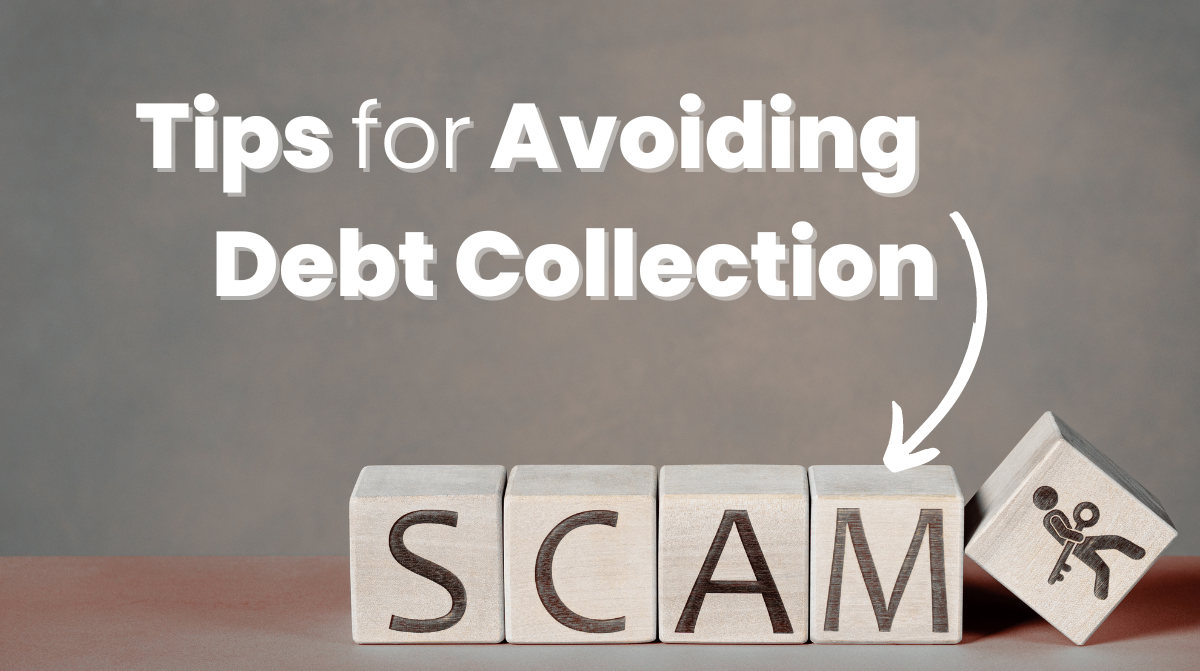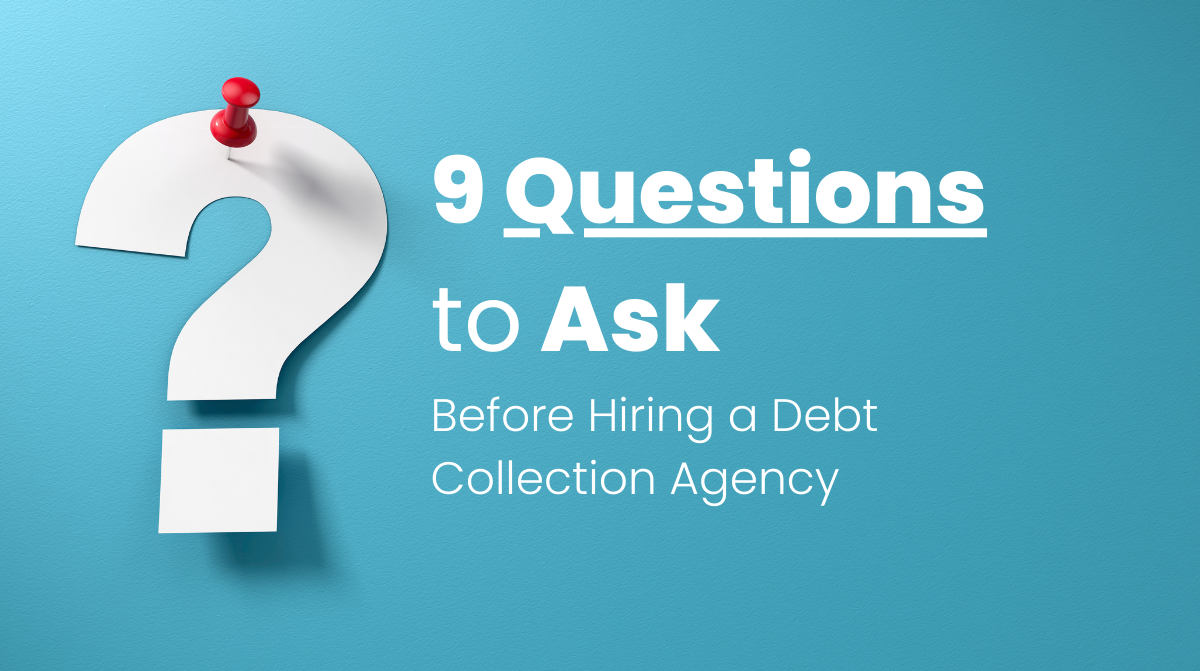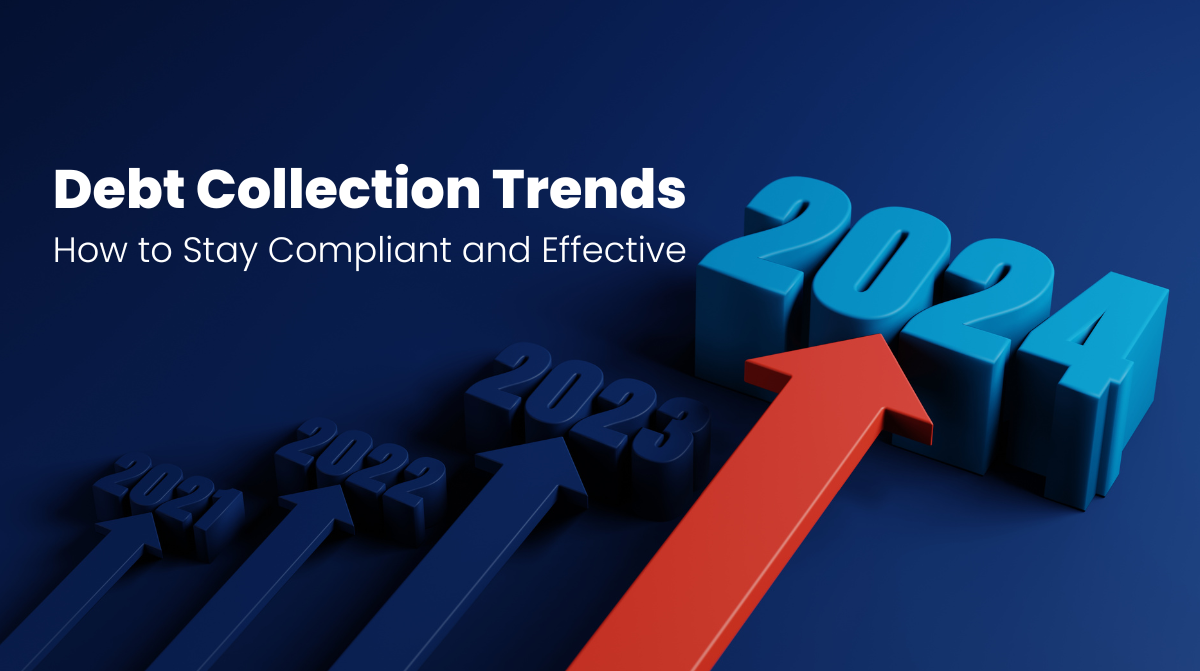
Navigating through debt collection can be stressful and confusing, especially when faced with the increasing prevalence of debt collection scams. At Coast to Coast Financial Solutions, we recognize the importance of not only assisting clients with debt recovery but also equipping them with the necessary knowledge to safeguard themselves against fraudulent schemes. The rise of deceptive practices in debt collection underscores the critical need for consumers to be vigilant and informed. We’ll provide essential tips and strategies to help you identify and evade debt collection scams, empowering you to protect your financial well-being with confidence.
TABLE OF CONTENTS
- » 1. Know Your Rights
- » 2. Verify the Debt Collector’s Identity
- » 3. Request a Validation Notice
- » 4. Do Not Yield to Pressure
- » 5. Beware of Payment Methods
- » 6. Keep Personal Information Private
- » 7. Conduct Independent Research
- » 8. Utilize Consumer Protection Resources
- » 9. Keep Good Records
- » 10. Stay Informed
- » Summing Up
1. Know Your Rights
You should understand your rights under the Fair Debt Collection Practices Act (FDCPA) to serve as the primary defense against debt collection scams. This debt collection law prohibits debt collectors from using abusive, unfair, or deceptive practices during the collection of debts. Familiarize yourself with these rights, which include the requirement for debt collectors to identify themselves, the prohibition of calls at unreasonable hours, and the right to dispute a debt.
2. Verify the Debt Collector’s Identity
Legitimate debt collectors are required to provide you with information about who they are, including the name of the creditor, the amount owed, and a statement that you have the right to dispute the debt. If the caller does not readily provide this information, or if you receive a suspicious-looking letter, it could be a red flag. Always ask for the caller’s name, company, street address, and telephone number. Do not provide personal or financial information until you have verified the collector’s legitimacy.
3. Request a Validation Notice
If you are contacted by a debt collector, you have the right to a written “validation notice” stating how much money you owe and to whom, and how to proceed if you believe you do not owe the money. This notice must be sent to you within five days of their initial contact. If the collector doesn’t agree to send this document or hesitates to do so, you might be dealing with a scammer.
4. Do Not Yield to Pressure
Scammers often try to intimidate or pressure you into paying quickly before you have a chance to verify the debt. They may threaten you with immediate arrest, lawsuits, or even physical harm. Remember, such tactics violate the FDCPA. Legitimate debt collectors are not allowed to claim that you will be arrested. Furthermore, they cannot threaten to seize your property or garnish your wages without obtaining a court order.
5. Beware of Payment Methods
Be cautious of collectors who insist on payment via unusual methods like gift cards, wire transfers, or other untraceable means. Legitimate debt collectors will accept normal, traceable transactions such as checks or credit card payments. If the method seems unusual, it’s likely a scam.
6. Keep Personal Information Private
Never disclose or share personal information such as your Social Security number, bank account information, or credit card details to anyone over the phone unless you have verified the legitimacy of the caller and you are completely sure of whom you are dealing with. Scammers often attempt to collect this information for fraudulent purposes
7. Conduct Independent Research
If you suspect that you might be dealing with a scammer, conduct your own research. Look up the collector’s company name, address, and phone number independently rather than using the information they provide. Also, check with your original creditor. If they have sent your account to collections, they can tell you which agency they handed it over to.
8. Utilize Consumer Protection Resources
If you are unsure whether a collection attempt is legitimate, contact consumer protection agencies such as the Consumer Financial Protection Bureau (CFPB), Federal Trade Commission (FTC), or your state attorney general’s office. These organizations can provide information about debt collection scams and what to do if you suspect fraud.
9. Keep Good Records
Keep and maintain thorough records of all interactions with debt collectors, documenting the dates and times of calls, the name of the agency and representative, as well as comprehensive notes detailing the conversation. Also, keep all correspondence, including billing statements and letters. Good records will help you resolve disputes and protect you in case of fraudulent activity.
10. Stay Informed
Finally, staying informed about common scams can help you avoid becoming a victim. Scammers evolve, and their tactics change, so keeping up-to-date with new scam trends is crucial.
Summing Up
At Coast to Coast Financial Solutions, we understand the difficulties individuals encounter when managing debt collection fraud and confronting potential scams. We are here to help you navigate through these trials safely and effectively. Remember, protecting yourself from scams is an integral part of managing your financial health. If you suspect that you are being targeted by a scammer, do not hesitate to call and reach out to us for professional advice and support.









